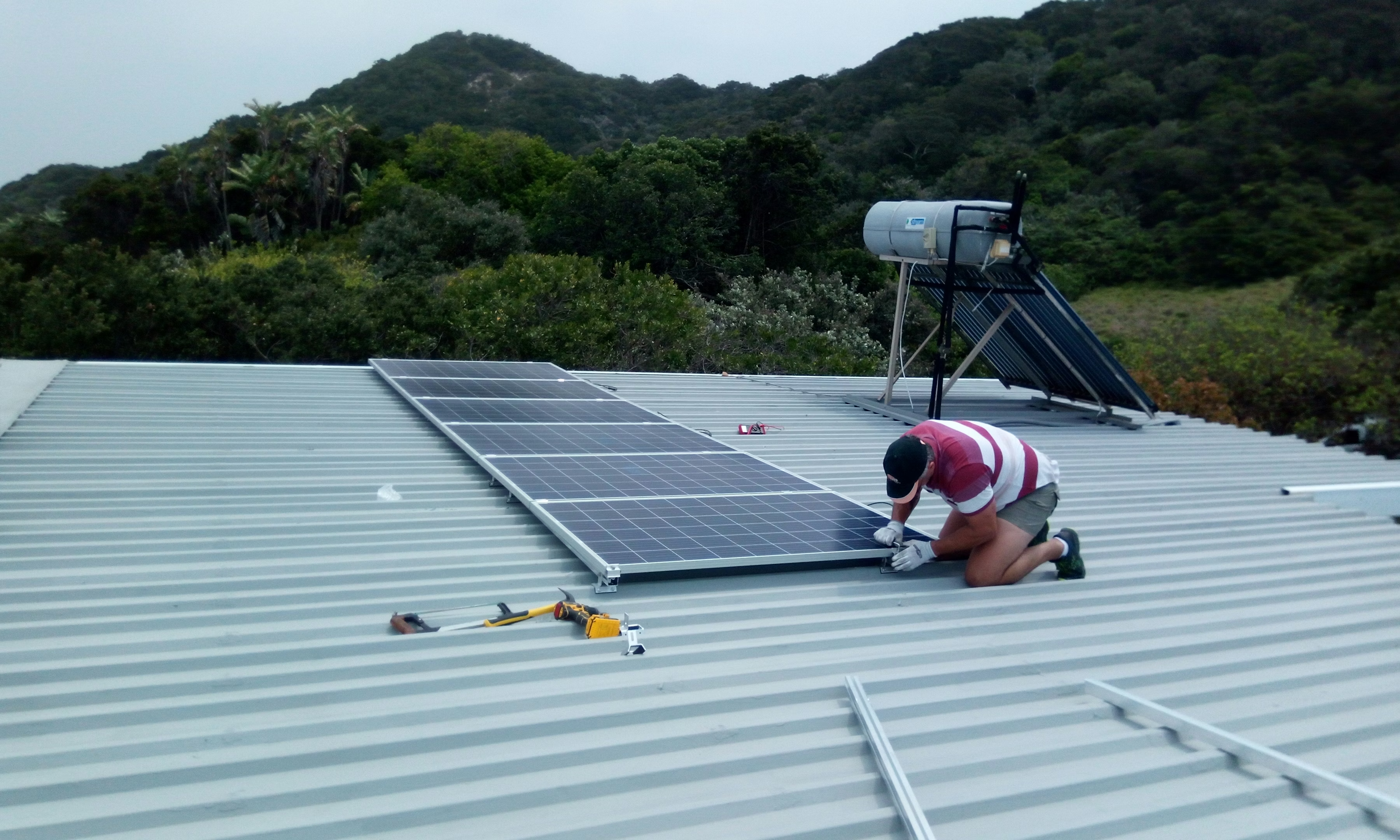
When homeowners invest in solar, one of the biggest questions is: How long will my solar panels last?
Solar energy systems are designed for long-term use, and most panels installed today can continue producing power for decades. But factors like weather, maintenance habits, and system quality all play a role in long-term performance — especially in a state like Texas.
Here’s what homeowners need to know about the real lifespan of solar panels, how they degrade, and how to keep them performing at their best.
Typical Solar Panel Lifespan: 25–30+ Years
Most modern solar panels come with a 25 to 30-year performance warranty, and many continue generating power long after that. Even at 30 years old, panels may still operate — they just don’t produce as much energy as they did when they were new.
But that doesn’t mean they suddenly “go bad” at the 25-year mark. Instead, output slowly declines over time.
Understanding Solar Panel Degradation
Solar panels lose a small percentage of efficiency each year. This process is called degradation.
Most high-quality panels degrade at a rate of around:
- 0.5% per year (industry average)
- Some premium panels degrade as little as 0.2–0.3% per year
That means after 20 years, a panel may still produce around 90% of its original capacity, depending on quality and maintenance.
How Texas Weather Affects Solar Longevity
Texas is a fantastic state for solar — but its weather conditions can affect long-term performance. Key factors include:
1. Heat
High heat can reduce efficiency and accelerate component wear. Panels still function well, but electrical components like inverters and wiring may age faster.
2. Hail
While panels are engineered to withstand impact, severe hail can cause micro-cracks or surface damage that lowers output.
3. Strong Winds
Windstorms can loosen mounting hardware or wiring if not installed properly.
4. Dust and Pollen
Accumulation increases surface temperature and reduces sunlight absorption.
5. Intense UV Exposure
Over decades, heavy UV exposure can weaken plastic components on older systems.
Quality installation and regular maintenance play a huge role in protecting your system from these conditions.
Signs Your Solar Panels Are Aging or Losing Performance
Your panels may still have many years left, but if you notice these signs, it’s worth having your system inspected:
- Noticeable reduction in yearly output
- Visible discoloration
- Consistent shading issues
- Repeated inverter faults
- Hot spots or uneven heating
- Cracks, chips, or cloudiness
- Loose connections or wiring problems
A professional diagnostic can determine whether the issue is with the panels themselves, the inverter, or another component.
When Should You Replace Solar Panels?
You don’t need to replace panels just because they’re old — you replace them when they’re no longer producing enough energy to justify keeping them.
Most homeowners consider replacement when:
- Output drops below 70–75% of original performance
- Panels are physically damaged
- Roof replacement requires a system overhaul
- They want to upgrade to higher-efficiency models
- They’re adding a battery and need panel improvements
Older systems may also have outdated wiring or inverters that limit performance.
Extending the Life of Your Solar System
While panels naturally degrade, you can significantly extend their lifespan with consistent care. Here’s how:
✔ Schedule annual solar inspections
Electrical testing, wiring checks, and mount tightening prevent long-term failures.
✔ Keep your panels clean
Dust and grime block sunlight and create hotspots that wear panels faster.
✔ Monitor your system weekly
Your monitoring app alerts you to problems early.
✔ Trim trees as they grow
New shading can accelerate degradation and reduce production.
✔ Replace inverters when needed
Inverters typically need replacing every 10–12 years, and a new inverter can greatly improve performance.
✔ Use a qualified solar technician
Electrical components should only be serviced by trained professionals.
With proper maintenance, systems often last far longer than their warranty dates.
Do Solar Panels Ever Stop Working Completely?
It’s rare for panels to fail entirely unless they suffer:
- Severe storm damage
- Electrical failure
- Manufacturing defects
- Major wiring or grounding issues
- Structural impact
More often, the issue is reduced performance, not a complete shutdown. A licensed technician can determine whether a panel can be repaired or needs replacing.
Why DFW Homeowners Trust Sunaura Solar for Long-Term Care
Sunaura Solar helps extend system life by providing:
- Expert diagnostics
- Clean, safe solar maintenance
- Panel cleaning
- Wiring inspections
- Roof-safe detach & reset services
- Monitoring support
- Inverter upgrades
Homeowners across Texas rely on their licensed technicians to protect both their panels and their roofs for decades.














